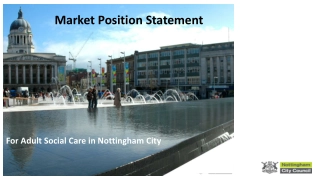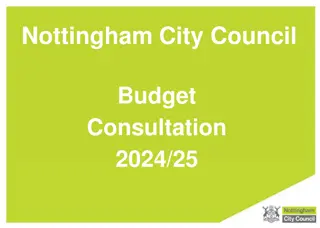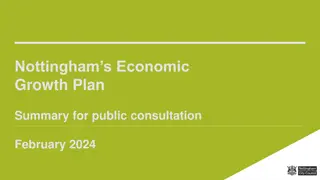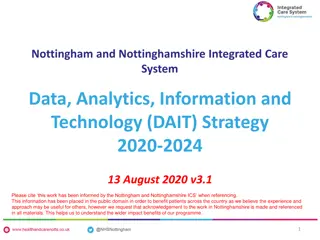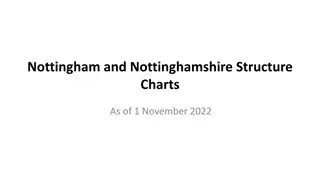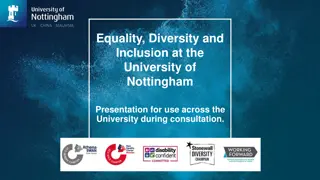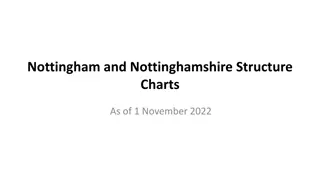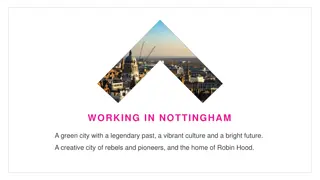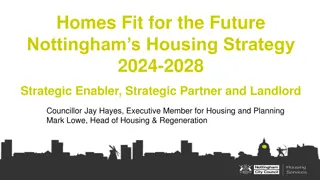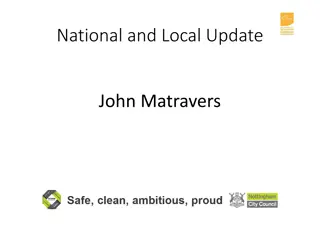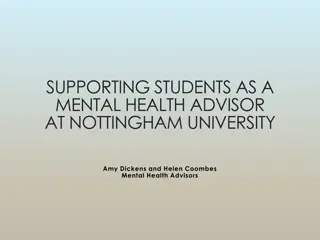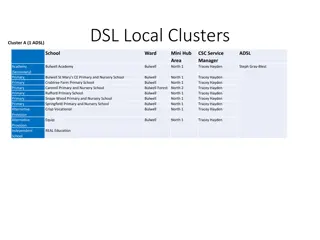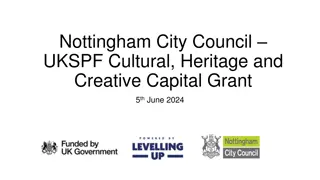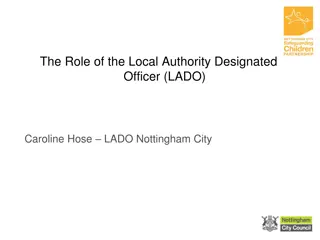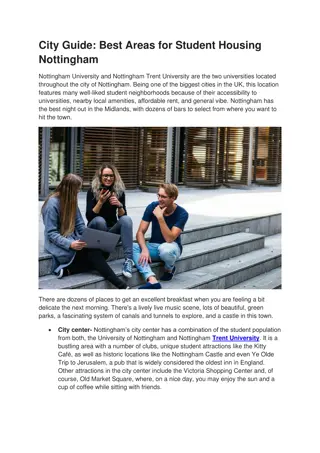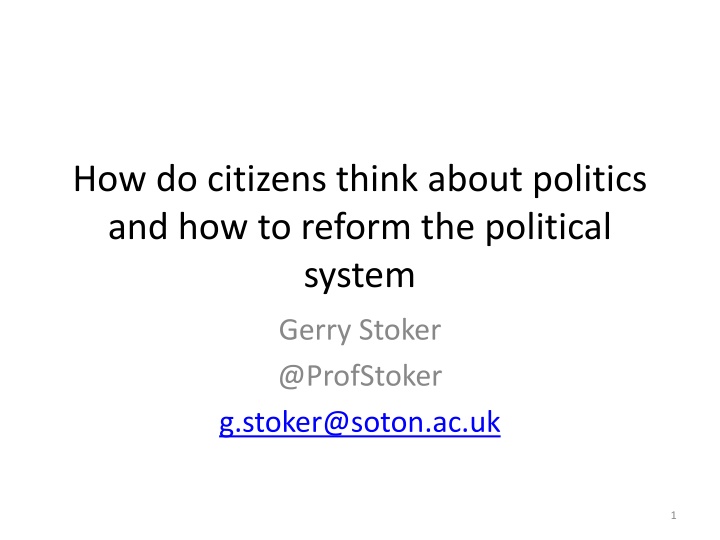
Citizen Perspectives on Politics and Reforming Political Systems
Delve into how citizens perceive politics and the need for political system reforms through examining fast and slow thinking processes. Discover insights on the complexities of citizen-leader interactions and the negative associations with contemporary politics.
Uploaded on | 1 Views
Download Presentation

Please find below an Image/Link to download the presentation.
The content on the website is provided AS IS for your information and personal use only. It may not be sold, licensed, or shared on other websites without obtaining consent from the author. If you encounter any issues during the download, it is possible that the publisher has removed the file from their server.
You are allowed to download the files provided on this website for personal or commercial use, subject to the condition that they are used lawfully. All files are the property of their respective owners.
The content on the website is provided AS IS for your information and personal use only. It may not be sold, licensed, or shared on other websites without obtaining consent from the author.
E N D
Presentation Transcript
How do citizens think about politics and how to reform the political system Gerry Stoker @ProfStoker g.stoker@soton.ac.uk 1
Exploring thinking Learning from others: Kahneman The complexity of thinking: automatic through intentional spectrum Information, evidence and computation through to beliefs and heuristics, to affective influences ( mood, emotions) Exploring fast and slow thinking as a heuristic
The use of focus groups 14 groups, Nov 2011- march 2012 Why focus groups? Particular value in exploring fast and slow thinking
Table 1: Properties of fast and slow thinking Adapted from Stanovich and Toplak (2012) System 1 ( fast thinking) System 2 ( slow thinking) Holistic Analytic More influenced by emotions and feelings Less influenced by emotions and feelings More Automatic More Controlled Relatively undemanding of cognitive capacity Capacity demanding Relatively fast Relatively slow Parallel Sequential Innately present but also acquired by exposure Learnt more by formal tuition and culture and personal experience input
Fast and slow thinking: exploring the consequences Is fast thinking about politics good enough? The dominant mode of citizen-leader exchange? But with what consequences?
In fast thinking mode Politics looks like a dark art Something that is done by others ( to you) Negativity dominates ( of 209 word associations 132 negative and only 7 positive)
Table 2: Negatives about Contemporary Politics Word Association Category Number of Expressions Deception ( Lies, Spin, Broken Promises etc) 31 Corruption ( Corrupt , scandal, legal criminality etc) Feather nesting (expenses overpaid, multiple houses) Self - serving ( Self-interested, unprincipled, ambitious ) Politicking ( confrontational, canny, mud-slinging, not listening ) Privileged social background ( public school, boys club) Boring ( mind numbing, dull, uninteresting ) 24 20 12 15 8 7 Incomprehensible ( confusing, impossible to understand, a mess ) 9 Other ( cuts, slow to respond) TOTAL 6 132
A glimmer of light (9-17 comments) Its impossible to please everyone The media creates a difficult context for politics Maybe its up to us to make more effort Not all politicians are self-serving On excessive moaning Life without politics Grudging respect for politics
Slow thinking mode: a considered critique They don t listen ( 23 comments) Accountability does not work (26 Comments) Us and Them (33 comments)
Trends in discontentment Good longitudinal data on public attitudes towards politics and politicians is difficult to come by. Maybe there was never really a golden age of British democratic politics? We replicated a poll question that was first asked by Gallup in July 1944. 10
Trends in discontentment 11 Source: YouGov/University of Southampton, 2,103 GB Adults, Fieldwork: 20th - 21st October 2014
A mixed score card but with clear trends Interest slightly up; knowledge up Sense that which party is in power matter down Duty to vote down and voting in general elections Sense that system needs major reform up And all this is having real impact 12
So whats different about politics today? Politics always a difficult art and has disappointment built into its practices but things have got worse The way that politics is done or practiced has changed Modern political exchange is increasingly in fast thinking mode Decline is not the product of short-term policy failure but rather process changes 13
A greater void between politics and citizens: structural factors Decline in party membership leading to professionalisation of politics ...elite routes into politics become even narrower Political exchange with citizens increasingly through marketisation practices...sound bites, dog whistle agenda setting, targeted messages Fast thinking exchanges ...time efficient but can be costly in terms of making choices 14
Void reflected in expressions of discontentment Thinking about the problems facing Britain today, do you agree or disagree with the following statements? Agree/Disagree (%) Politicians in government can make a difference to the major social and economic issues facing Britain. 63 / 13 Politicians have the technical knowledge needed to solve the problems facing Britain today. 20 / 52 Politicians possess the leadership to tell the public the truth about the tough decisions that need to be made. 33 / 40 Politicians are too focused on short-term chasing of headlines. 80 / 3 Politics is dominated by self-seeking politicians protecting the interests of the already rich and powerful in our society. 72 / 8 Politicians have exaggerated the scale of the economic crisis - by blaming either the previous or the current government. 47/28 15 Source: YouGov/University of Southampton, 1,905 GB Adults, Fieldwork: 5th 6th June 2013
Who owns political discontent? Age as a predictor of negativity: older voters (typically 60+) tend to be more sceptical that politicians have technical knowledge , are short-termist and self- seeking . Lifecycle effect in disaffection with politics? despite Generations X and Y participating in formal politics (e.g. elections) less than their elders, they tend to be more positive about politics and politicians 16
Who owns discontentment? Social class as a predictor of negativity: professional/middle class respondents are more sceptical about the capabilities of politicians. working class respondents are more likely to agree with negative statements about politicians having exaggerated the crisis by blaming the past and current government and for self-serving behaviour that protects interests of the already rich and powerful in society. 17
Anti-politics reinforces exclusion Disillusionment leads to non-participation in long-term Populist surges likely to be followed by slump Its clear who owns disillusionment to a greater degree Politics designed around interests of those that remain in: the wealthier ...and those that vote, the elderly not the young 18
Around this storm of unplanned change elites have added A storm of intended change: Devolution European Union Reforms to House of Commons Procedures Reform of the House of Lords Local government reform Greater London and city regions Human Rights Act Referendums Political parties Freedom of information Electoral and registration changes Recall MPs Fixed term parliament Independence for Bank of England Remuneration and expenses And more 19
Judging that storm of reforms Effort Coherence Political or Legal Effectiveness Instability Greater than the sum of the parts? Not all the public are not convinced that reforms go to the heart of their concerns 20
Classification of Political Reform Ideas from Citizens in Focus Groups 2011/12 Numbers Reform Idea of Mentions (%) 128 (28) Change processes of politics to make it more accountable and to ensure that what is promised is delivered 68 (15) Better education, information exchange and less spin in communication 73 (16) Give citizens more of say (especially through referendums) 58 (13) Deal with issues that are of concern 43 (9) Improve representativeness and accessibility of MPs 41 (9) Institutional changes to parliament, constitution reform or changes to electoral system 15 (3) Get more experts involved in decision-making 13 (3) Create a more positive media environment for politics 7 (-) Give local communities more of a say 4 (-) Get politicians to be more normal 21
Source: Data from Hansard Society (2013) Audit of Political Engagement Table 5 Reform preferences for improving politics Which of the following changes do you think would improve the British political system the most? Please pick up to three. % 48 Make politics more transparent so that it is easier to follow 39 Make politicians more accountable for their performance between elections Better information and education about politics for all citizens 32 26 Less spin in political communication Give citizens more of a say (e.g. more referendums, more consultation) Get experts more involved in decision-making More positive media coverage of politics Constitutional changes (e.g. an elected House of Lords, a different voting system) More people like me as MPs None of these 29 17 12 8 6 11 22
Why failing to connect? Elites choose reforms that gratify elites.... Bowler and Donovan argument Nature of unplanned change is difficult to understand and adds to the complex way in which planned reform is received 23
The way forward Citizen conventions....taking control out the hands of elites Combining expertise and lay knowledge Working back new solutions into the political system Meeting the challenge from vested interests 24

